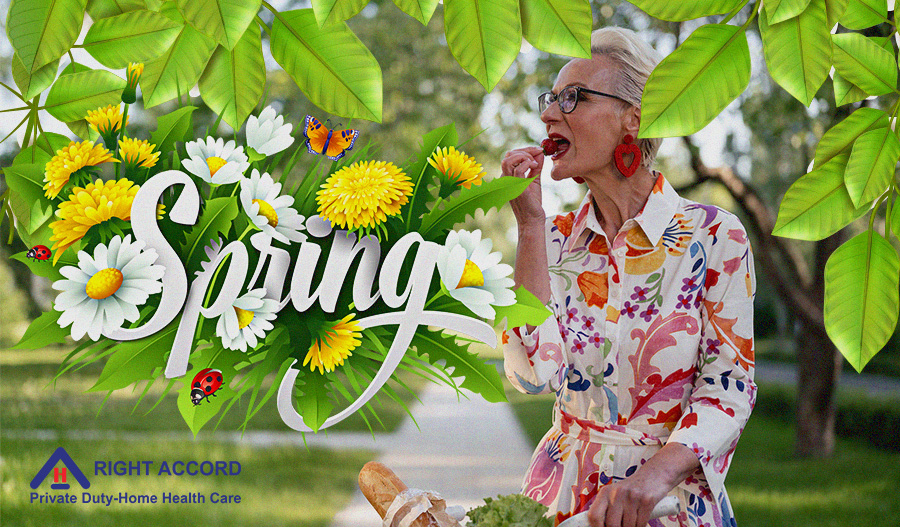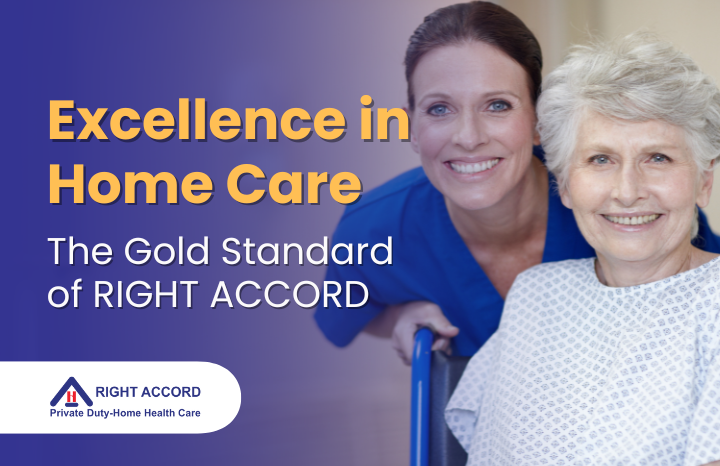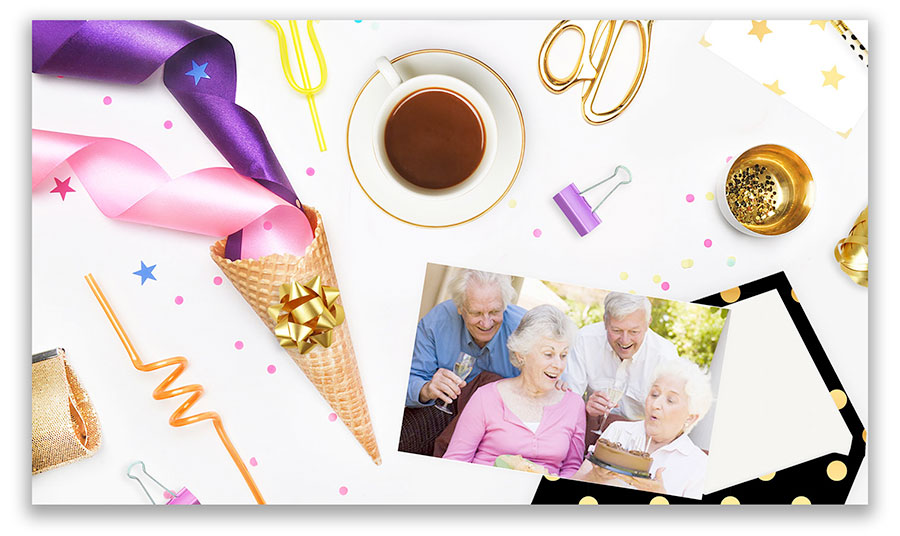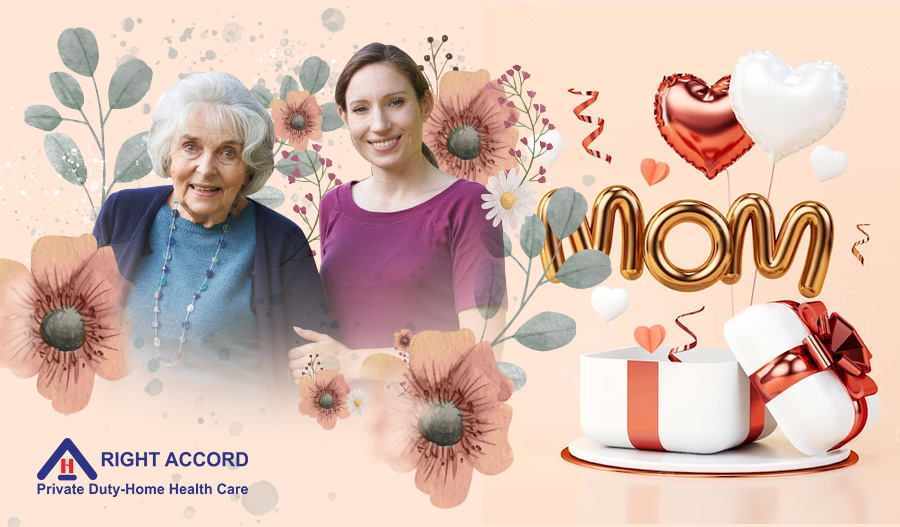· 5 min read
The Elderly Care Life Cycle And What It Means For You
In caring for the elderly there is a cycle that you need to understand in order to make the right care decision. Find the one that best works for you.
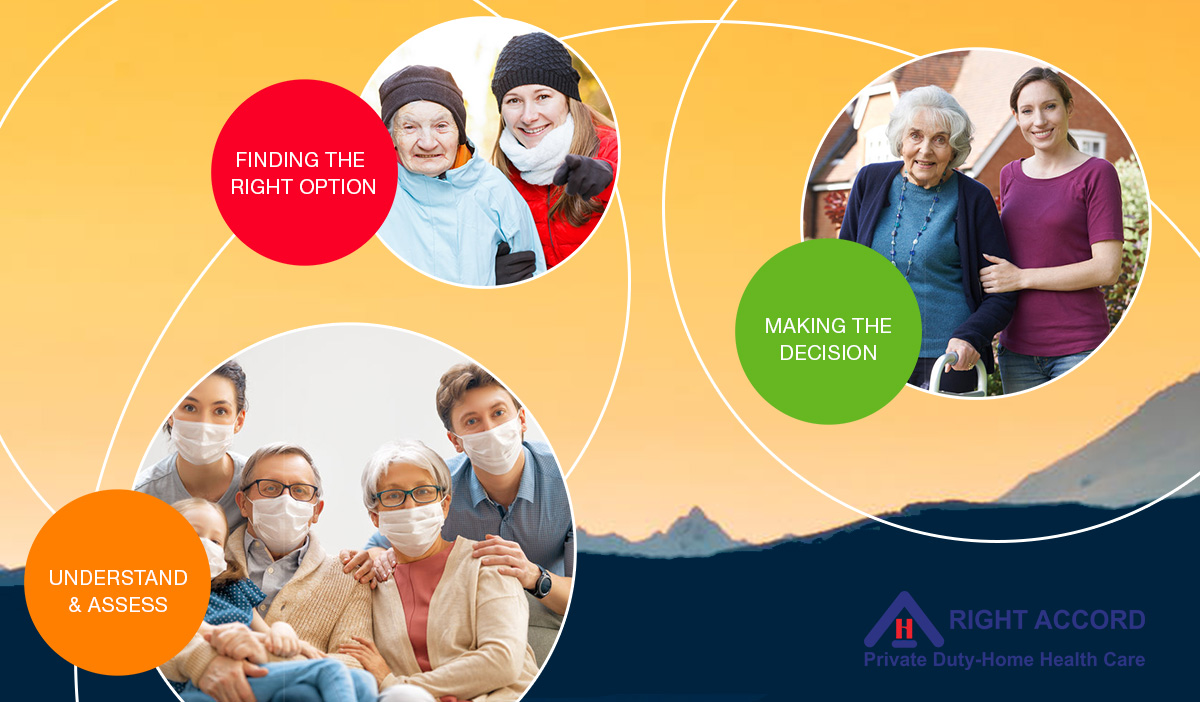
By: Rosemarie Tamunday Casanova — RN, BSN, MHA
In kindergarten, you learn about lifecycles. Plant a seed, it sprouts. That sprout grows into a plant. And that plant blooms. In caring for the elderly, the process is a lot the same way.
There’s a cycle that takes you from understanding your elderly loved one’s situation to having to go through physical and emotional hurdles involved with this difficult task and (assuming you decide to take action) finally breaking away from your situation.
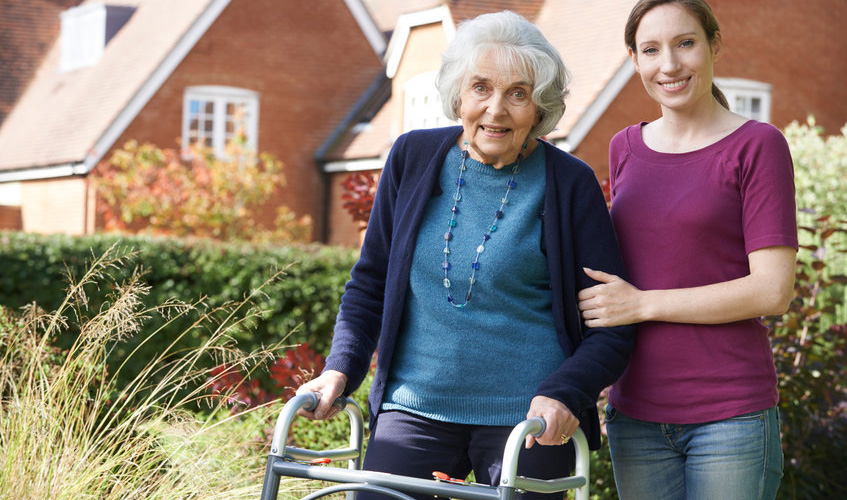
When people come to us, they’re at all stages of the elderly care cycle. Meaning, the next steps are different for all of them. Even in the best of situations, it can be a daunting task caring for your aging parents, especially if a crisis occurs when it is least expected, leaving you with no time to adequately adjust and make suitable plans.
Here is a breakdown of the cycle and what you can expect from each stage.
Understanding the Need of the Elderly
As people reach a certain age range, they tend to produce limitations in their functions and capabilities. When they are unable to perform their regular duties, oftentimes assistance from someone else becomes necessary. If the need to require another person’s physical assistance can be difficult for the elderly person, the same level of difficulty is expected with the person charged of taking care an elderly.
The best way to provide genuine care and assistance for an elder is to understand their needs. There might be unreasonable demands at some point, but it serves merely as an extension of their desire to realize goals that they still want to accomplish themselves. If you have been used to being independent, then you probably understand the feeling of not having control over what you can do and having to constantly depend on someone to realize certain tasks.
It is therefore important that the caregiver for elders understand that to cater their services in such a way that it boosts an elder’s confidence about their ability and to be more trusting of their carer.
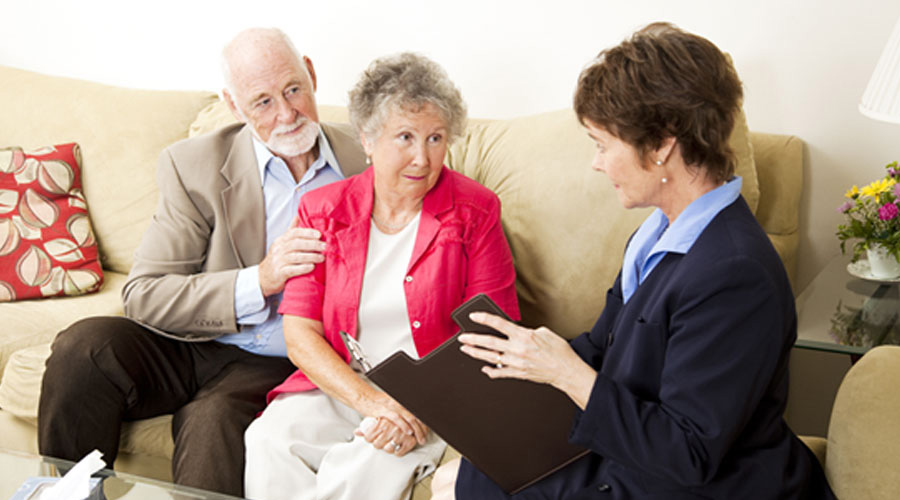
Finding the Right Care Options
If you’re in this stage of the cycle, then you have already made a thorough assessment of your elderly parent’s situation in order to make an informed decision about what level of care your parents need.
Apart from your own assessment, you may consider getting a geriatric care specialist to give you a professional opinion and an overview of your current situation. So what are the different care options? There are several types of elderly care available to families in the US, and they are basically in two broad categories, the family provided elderly care and professionally provided elderly care.
The family provided care is more or less care provided in two ways but with variations on the theme. One way this can happen is that your parents remain in their own homes and have family members who provide care. The second way is to have your parents move into a family member’s home.
For either of these two options, professional health care workers can be arranged to offer in-home services when needed. In-home workers can be companions, homemakers, personal care support, etc.
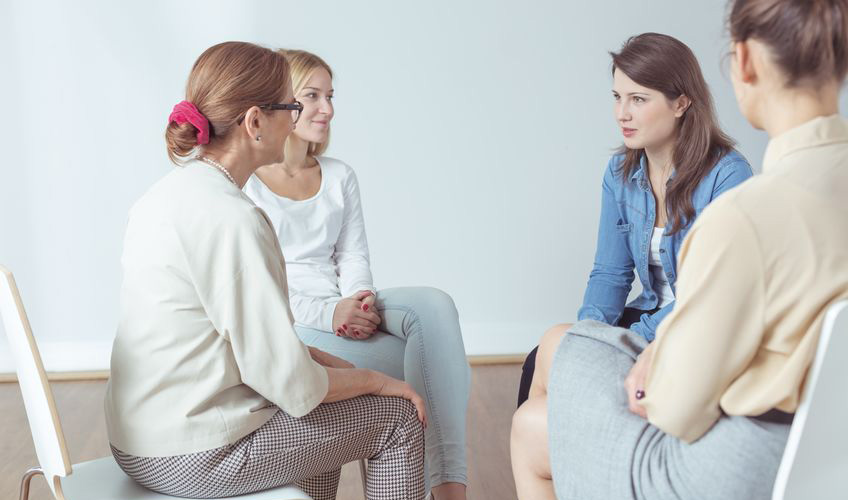
Making the Right Decision
The road is looking a lot more clear from here. You have come to some resolutions, and it’s time to make this thing final. If you choose to prefer a home-based care for your elderly parents, it has its distinct advantage of being able to spend quality time with your elderly loved ones while caring for their daily needs. With a familiar surrounding, your elders do not have to adapt to changes in the environment and their communication patterns with whoever it is assigned to care for them. Caring for elderly at home is a major step that you can take to ensure that their non-medical needs are also met.
If you are not hiring a senior care professional, then members of the family must come up with a schedule that will determine a shift as to who is responsible for taking care of the elder during given times within a day. An in-home elder care requires 24 hour care, thus one person cannot perform the task alone. Moreover, there are other areas to look into aside from the physical care and assistance provided to the elder, such as housekeeping, shopping, assistance in grooming or bathing, paying the bills, and others.
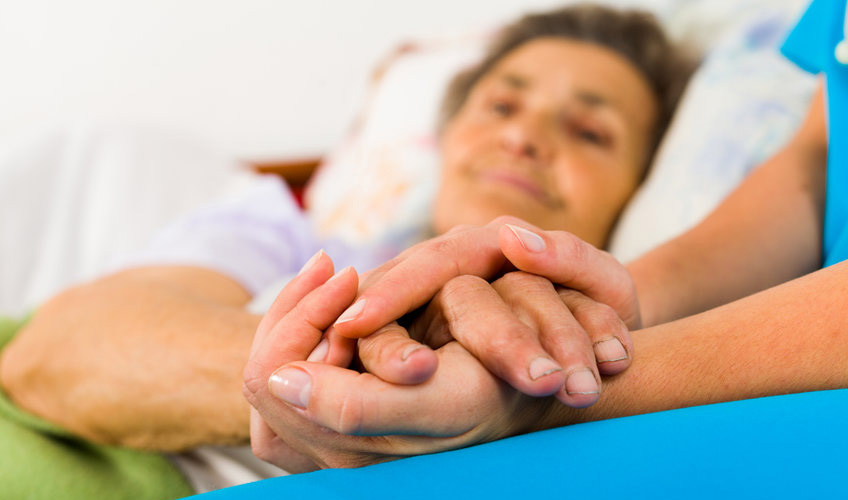
RIGHT ACCORD Home Health Care is a professional care provider that offers services that cannot be fully provided by some regular members of the family such as Dementia and Alzheimer’s Care, Parkinsons, Stroke and End of Life Care or Hospice Care.
The RIGHT ACCORD caregivers are truly special people. The company continually build and develop a team of outstanding caregivers who are ready to assist family clients. The majority of them work with the elderly because they had a family experience with an elderly person that has touched them deeply, or they’ve been a caregiver all their lives, first to their children, and then to parents, in-laws, and friends.
Key Takeaways
Choosing among the different care options boils down to a careful and detailed assessment of the level of care your aging parents need, how much independence they can handle, your financial capacity, and of course, a careful appraisal of each care options being considered.
It might seem challenging at first but enlisting help from other family members, trusted and experienced friends, as well as geriatric care professionals certainly helps to ease the burden, and when you eventually decide together with your parents who they are meant for, rest assured that you have made the right choice towards providing them with the best possible care.
